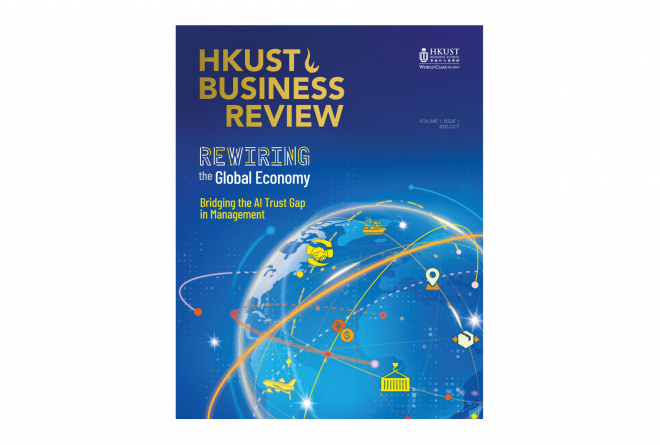
What do you consider a good night’s sleep? While sleep is crucial to our health, many people often struggle to sleep well.
On December 2, the School hosted its last Wellness Series webinar of the year on Sleep Management and Resilience Building, encouraging our alumni and the wider HKUST community to make better choices for their health and lifestyle. The webinar featured moderator MBA alumna Judy XU, CEO of Balance Health and Executive and Holistic Health Coach, and her team of healthcare experts, registered Chinese Medicine practitioner Clara CHAN, and kinesiologist Catherine HERMANT.
The webinar explored sleep from the perspectives of Traditional Chinese Medicine (TCM) and Western approaches, providing key knowledge and practical tools to help us improve our sleep patterns.
Sleep impacts our mind and body, helping us to think with clarity and improve focus, memory, and energy levels. Stress, diet, exercise, hormones, and genetic makeup all play an active role in the quality of our sleep.
Coming from a TCM approach, Clara explained excessive yin energy, uncleared pathogens, and deficiencies in the body can affect our sleep. Many urban dwellers also find going into deep sleep challenging, an indication of disharmony between the heart and kidney systems.
From a western perspective, Catherine suggested aligning our body to the circadian rhythm can enhance our sleep. This can be done by getting enough sun exposure during the day and limiting screen time after sunset to prepare our body and mind for sleep.
Clara also pointed out everyone has different circadian rhythms. Not everyone requires at least eight hours of sleep, nor is sleeping longer better. “It's not the longer the better, but the more appropriate the better.”
A holistic approach to treating sleep issues starts by improving the digestive system. Catherine and Clara emphasized nutritious diet was a crucial first step to improve sleep. Signs of indigestion, heartburn, and toxicity could also contribute to insomnia. Eating the right nutrients was important to help the body produce melatonin – a vital hormone that regulates our sleep pattern.
What’s more, our emotional wellbeing also impacts our sleep quality. Catherine observed many individuals in Hong Kong have mastered suppressing their emotions, be it a cultural influence or requirement in the professional world. But when we can’t express the full range of emotions, anger, anxiety, and depression builds in the body. The mind and body are constantly overstrained, making it difficult to sleep well. Judy explained a misalignment of our emotions and core values could impact deep emotions, triggering long-term sleep issues.
Quality sleep starts with small changes in our lifestyle and habits. Clara and Catherine demonstrated several practical exercises to balance our emotions and heart and kidney systems. In addition to herbal teas, supplements, and essential oils to relieve tension, Judy also shared a simple heart coherence mindfulness practice that reconnects with our emotions and slows down our breathing.
Revisit the recording of the webinar here to learn more about practical tools and knowledge to improve your sleeping patterns.






